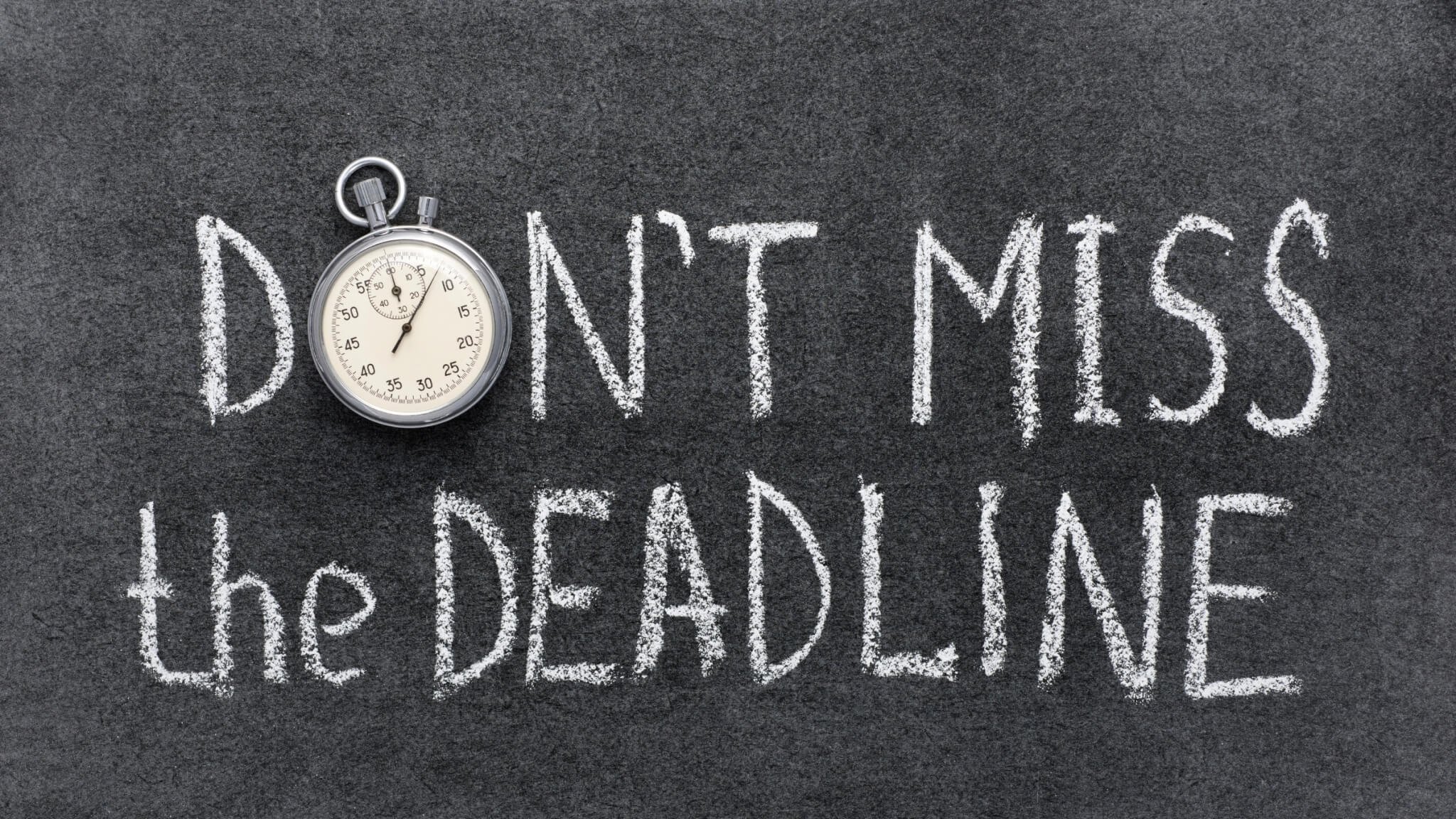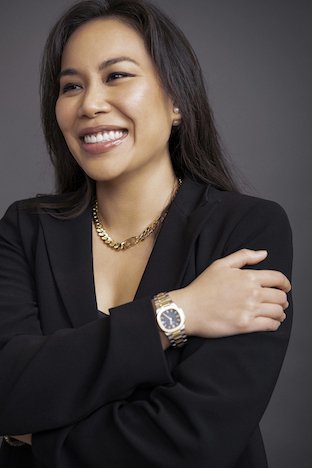Join MCWC this Sunday, February 5, to celebrate the launch of the 2023 issue of the Noyo Review. Selected writers will read their pieces virtually via Zoom video. The event is free to attend. All are welcome!
DEADLINE REMINDER!
The deadline to apply for Scholarships and for the juried Master Class is 11:59 p.m. PT on February 15, 2023.
KEY DATES
February 5: Virtual Noyo Review Launch Party
February 15: Deadline for Scholarship and Master Class applications
March 15: Conference registration and contest submissions open
March 25: Online seminar, Writing Disability from the Inside Out with Allegra Pescatore
April 1: Online seminar, Beginnings, Middles and Endings in the Short Story with Leon Craig
April 8: Online seminar, The Joy of Creation with Tanya Ko Hong
April 22: Online seminar, Four Temperaments and the Forms of Poetry with Benjamin Gucciardi
April 29: Online seminar, Archeology of Memory: Discovering the Bones of Your Story with Nicole Gulotta
June 30: Deadline for conference registration and contest submissions
August 3-5: In-person conference
Q&A WITH MCWC 2023 SPECULATIVE FICTION FACULTY, PLOI PIRAPOKIN
We caught up with Ploi Pirapokin, who will be leading the 2023 Speculative Fiction Workshop. You can find more about her work via her website and @ppirapokin on Twitter.
Ploi Pirapokin is the Nonfiction Editor at Newfound Journal, and sits on the board for Khōréō magazine, WP Now, and the Ragdale Foundation. Her work is featured in Tor.com, Pleiades, Ninth Letter, Gulf Stream Magazine, The Offing and more. She has received grants and fellowships from the San Francisco Arts Commission, the Creative Capacity Fund, Headlands Center for the Arts, Djerassi, Kundiman and others. A graduate of the Clarion Writers Workshop, she also holds an MFA in Creative Writing from San Francisco State University, and a BA in Communication Studies and English from the University of San Diego. She currently teaches at the Writers Program at UCLA Extension, the Creative Nonfiction Foundation, Catapult, and the University of Hong Kong. Born in Thailand and raised in Hong Kong, she uses speculative fiction to explore postcolonial poetics, imperialism in Asia, and Pan-Asianism.
What drew you to begin writing in your genre?
I come from a big family and have lived with multiple relatives over the years, which meant my life was often consumed by tuning out the chores and favors I’ve been asked to do, and diving into my own imaginary worlds to escape obligations. I’ve always read non-naturalist fiction as a child, from Roald Dahl to Paul Jennings, to China Mieville, and Jeff VanderMeer, before I wondered: Can someone like me be represented in these stories? That’s when I began searching for more women of color writers, more writers who were influenced by non-Western mythologies and legacies, and more writers whose descriptions of worlds, norms, and characters resembled a reality I recognized and questioned about, perhaps sometimes a reality I cannot speak about in our real world with very real political consequences. I fell in love with escaping into worlds where philosophical questions are dramatized, and where the human experience is refracted and understood through a more expansive, and wonderous way.
What patterns, rituals or routines are crucial to your writing practice?
I’ve often found my most impactful sentences arrive to me when I’m showering, driving, or powerwalking somewhere; when I’m not forcing myself to “do” or “make” something for an arbitrary deadline or for a piece of writing of mine to “achieve” something. Over the years, I’ve learned that being gentle with myself, and allowing my ideas and story patterns to form without coercion has resulted in organic and unique stories that only I can write. I have the most fun writing when I know I have unfettered, uninterrupted time, which is usually on the weekends when I can excuse myself from brunch, temple, or a family obligation. Space and setting influence my will to write the most. I need quiet, natural lighting, a refreshing minty candle, and a few poems to start typing. On the days I don’t write but I’m thinking about writing, I’ll read in that quiet time instead. I need to have an ending of a story or an essay clear in my mind before I can work on scenes, or characters that will lead me to that inevitability. And having something to look forward to at the completion of a writing project, like a dinner and drinks with friends, is always a strong motivator for completion.
Who/what are your key influences and sources of inspiration?
Heroes I have read, met, and adore include (but are not limited to) Ted Chiang, Kelly Link, Z. Z. Packer, Mat Johnson, Jeff and Ann VanderMeer, and Yona Harvey. They inspire me with their work ethic, professionalism, but are also kind, and generous writers and teachers. For my own stories, my family, upbringing, and cultures are endless resources of stories. For example, I just found out my aunt had left our online family group chat with such stealth that no one knew she left, because she is beefing with another aunt. Now I have to find out why.
What do you love most about teaching writing?
I find it most fulfilling to watch someone discover something they didn’t realize about their writing in workshop is working. Whether it is a plot point that clicks, or that there are gems in their work that emotionally resonate with a larger group or people, or when they’ve proved their inner critic wrong after all, it’s an ebullient moment to celebrate.
My parents and grandparents, and relatives in both of their generations did not have educational opportunities that my siblings, cousins, and I did. A lot of their legacy is prevalent in the business empires they’ve built: hotels, sound and lighting companies, charter planes etc., and all of this exists in order to survive. I see my students as my legacy (cue some kind of majestic Pirates of the Caribbean soundtrack here!) and I hope that my love for creating literature as an art form is passed down. I wouldn’t be who I am without my students.
What are you hoping participants of your MCWC workshop will get out of the time they spend with you?
In my past life, I played women’s rugby for the Hong Kong national team and my position was a front row prop. My main role is to provide stability in the scrub, support the hooker in quickly winning the ball, and hoist the jumper as they compete for an offside ball. Usually, props are also the first to make tackles and hardly ever the ones to score.
I see my role as a workshop leader as I do my time playing rugby. I’m thrilled to provide structure, organization, and support with my expertise in writing, from my own experiences teaching and participating in workshops, so that we can all have fun while on the path to attaining our goals. I hope to also offer concrete and actionable tools for my workshop to support and sustain themselves as writers long after our magical weekend together.
COMMUNITY NEWS
Feeling stuck? Looking for more community? MCWC 2022 faculty, Jade Chang, is co-hosting an ideas retreat in Taos, New Mexico, which might be the experience you need! Use code CA-CAW! for up to $100 off shared rooms and up to $200 off singles.




